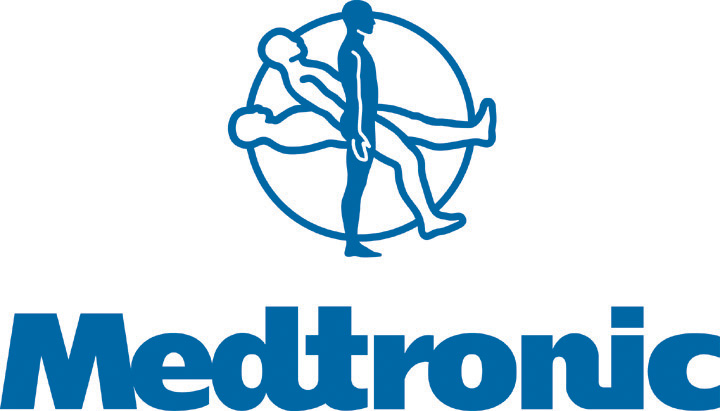Real World Evidence Evidence & Data Partnerships
This year real patient data will change healthcare.
Medtronic ‘Artificial Pancreas’ Success Tainted by Infusion Pump Recall
Life-threatening defects found in implantable devices manufactured by Medtronic have been blasted by US regulators – at a time when the medical device firm is awaiting US approval on its innovative insulin “smart pump”.

A global leader in the medical technology field, Medtronic has released a statement specifying the flaws in its SynchroMed infusion pumps that has led to the deaths of 14 patients using the device since 1996. The company missive, released yesterday, reveals that the US Food and Drug Administration (FDA) has deemed each of the four flaws listed as a Class 1 recall – the most serious that can be issued by the regulatory body.
The intrathecal drug delivery systems developed by the Minneapolis-based firm are used to treat chronic, intractable pain and severe spasticity. But Medtronic, along with a number of its industry peers have also had some ground-breaking movements in the diabetes space with a device that constantly monitors blood sugar and automatically administers insulin to affected patients as required.
Although further tests will be needed to determine whether the device can be programmed to mimic a real pancreas, Medtronic’s “smart pump” is already being sold in Europe, and the FDA is currently reviewing it for the US market now. However, this latest setback for the international giant might give the regulatory body some pause.
Fatal flaws
According to the company release, customers using the SynchroMed system were notified earlier this month about the imperfections in the pump that may hinder the safe and reliable delivery of medications. Perhaps the most pressing was the FDA-approved ‘Refill Procedure Safety Update’ for healthcare professionals which aims to reduce the potential for a ‘pocket fill’ during a pump refill procedure. A pocket fill is the inadvertent injection of all or some of the prescribed drug into the patient's subcutaneous tissue instead of into the pump – the most common complication of the device, leading to 11 deaths over the last two decades.
A company spokesperson has also confirmed that two patients have suffered fatalities from pump blockages which have spurred Medtronic to redesign its Sutureless Connector (SC) Catheter in order to reduce the potential for such occlusion. Already linked to one death, electrical pump shorting has also been deemed a Class 1 notification by the FDA. However, because of the risks involved, Medtronic not recommending removal of the devices unless a patient's pump shows signs of a malfunction but is in the process of updating designs to eliminate this defect.
The priming bolus function of the SynchroMed pump that is used to accommodate swift delivery of the drug from reservoir to catheter tip has also been classified as extremely high risk by the regulators. Use of the function lets the drug mix with the sterile water or cerebrospinal fluid already in the catheter which could potentially result in drug overdose or not enough dosage. Administers of the treatment and patients alike are being educated as to the intricacies of the procedure, according to the Medicare statement, which is also recommending that patients continue to use the priming bolus method while under medical supervision.
Real World Evidence Evidence & Data Partnerships
This year real patient data will change healthcare.
